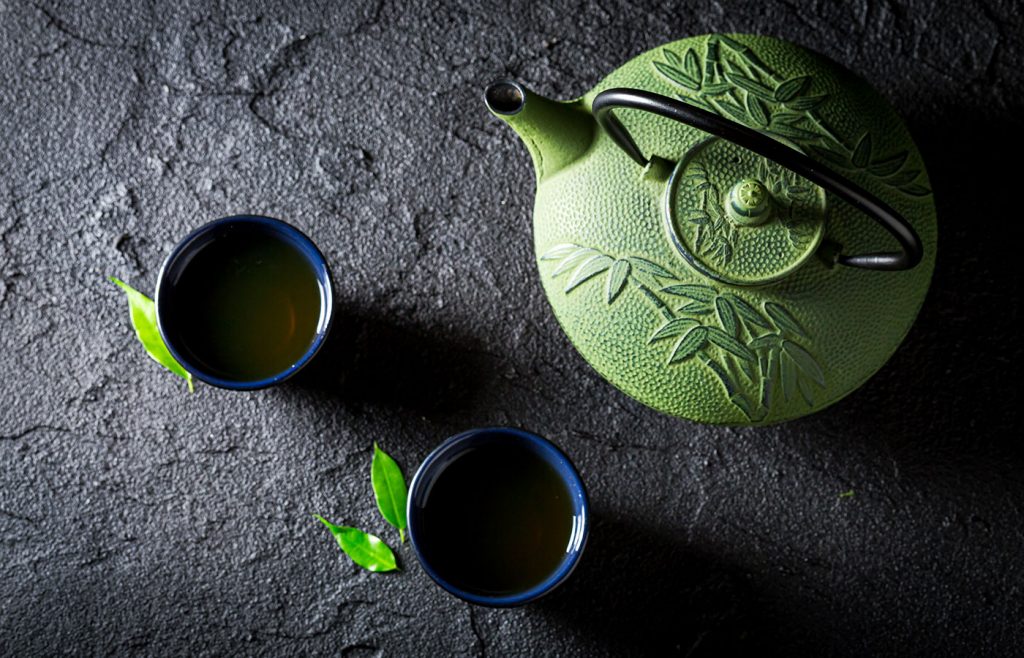Most of the time, it’s not a lack of education that stops people from doing the things they know they should do to look after themselves. We all know that working fourteen hour days, drinking too much coffee and not eating enough vegetables is not going to result in our healthiest self, but often times we do it anyway.
When we do things that we know we shouldn’t do, it usually means that somewhere under the surface of our actions some beliefs are sabotaging us. If you hear yourself say “I know I should but…” you can bet that there is something a little deeper that is stopping you from taking better care of yourself.
So what do you do about it?
Self-Reflect
For many, the first step to maintaining our wellness consistently is taking some time to reflect on those behaviours that aren’t so supportive and what might be driving them. For many, there is an underlying belief of not enoughness. This might show up in our lives as eating too much, spending beyond our means, or frequent brief intimate encounters. When we are in a trance of deficiency, our task—our only task—is to do what it takes to get more.
With decades of experiments, scientists have concluded that we don’t believe what we see, rather we see what we believe. Until you’re willing to explore your inner world and identify the beliefs that might be driving your version of the world, you will continue to act on your self-created version of reality. This is why a person who believes that people can’t be trusted will see “evidence” of this everywhere. To get to the heart of the beliefs that are holding your behaviours and actions in place we need to explore our emotional landscape to see why we feel the need to do things in the manner that we do, despite knowing better. Naming beliefs and exploring the feelings that arise is an ongoing, exciting and heart-opening process.
One of the best ways that I know to explore your emotional landscape is to journal. It allows us to open up a conversation with ourselves and begin to reflect on what’s happening for us internally. If you’re new to journaling or if you feel you need some more specific questions try writing down your answers (usually our beliefs are tied to the first thing that comes to mind) to these questions, or come up with ones that feel more potent for you:
“I know I should stop but…”
“When I look at myself I see…”
“The most important thing in life is to…”
Explore your priorities
Some of the most regular themes I hear when I chat with people are:
“How am I supposed to eat well when I don’t have time to cook?”
“How can I look after my family when I just don’t have the time to prepare meals from scratch?”
While I appreciate that many of us are juggling many different tasks and roles daily, I do believe that, in general, we need to undergo a priority check and explore our values. A nourish diet is a basic foundation to human life and good quality health and there is nothing on this Earth that can replace it. Preparing real food or making space for a regular meditation practice may take more time, but it is time we have to allow for in our day.
When we say “I don’t have time” for something, what we are essentially saying is “that’s not a priority for me.” So try that on. How do you feel when you say to yourself that you don’t have time for whatever restorative or nourishing practice that will increase your health and vitality and reward you with renewed energy? The reality is we cannot compromise our nutrition and our body and still expect to have fantastic health and energy.
The Art of Small Incremental Change
The reality is if you try to change everything all at once, it’s more likely that you’ll give everything up as too hard. If you know that you’re someone who needs to stop drinking so much coffee, cut back one at a time before switching to green tea for a period of time. Look for easy, more nourishing foods to swap in for those that are less than nourishing. Set yourself a challenge to be in bed at 10pm at least two nights a week and then work your way up to five.

If you want to cut down your screen time, challenge yourself to have a digital detox evening one night a week and then try for another. If you go out for dinner, look for a restaurant that offers more nourishing food choices if you can. And do the things you know you need to one at a time. Perhaps set up a schedule (if that’s something that works for you) where every week (or two, or every month) you add another wellness practice to your daily routine so that over the period of months, you’ve made a number of changes that will radically change the way you look after yourself. And also remember it’s what you do the majority of the time that affects your health, not some of the time. So be gentle with yourself for those occasional not as nourishing choices.
A Few Suggestions to Get You Started
If nourishing yourself with whole food is a challenge: Make yourself a green smoothie at the beginning of the day to take to work. Fill it with loads of leafy greens and top it up with a scoop of powdered vegetables for an additional boost.
If you know you drink too much alcohol for you: Start with two alcohol free days a week. Next time you go to an event where free alcohol is on offer, challenge yourself to opt for sparkling water instead. Remember that just because something is there doesn’t mean you have to consume it!
If your sweet tooth is letting you down: So many places are now offering raw desserts that are free from refined sugars, choose one of these instead or, better yet, make your own.
If you’re a workaholic: Sometimes we have deadlines that mean we have to work additional hours, other times it’s our own perception of urgency that drives us to work fourteen hour days. Check what this means for you.









